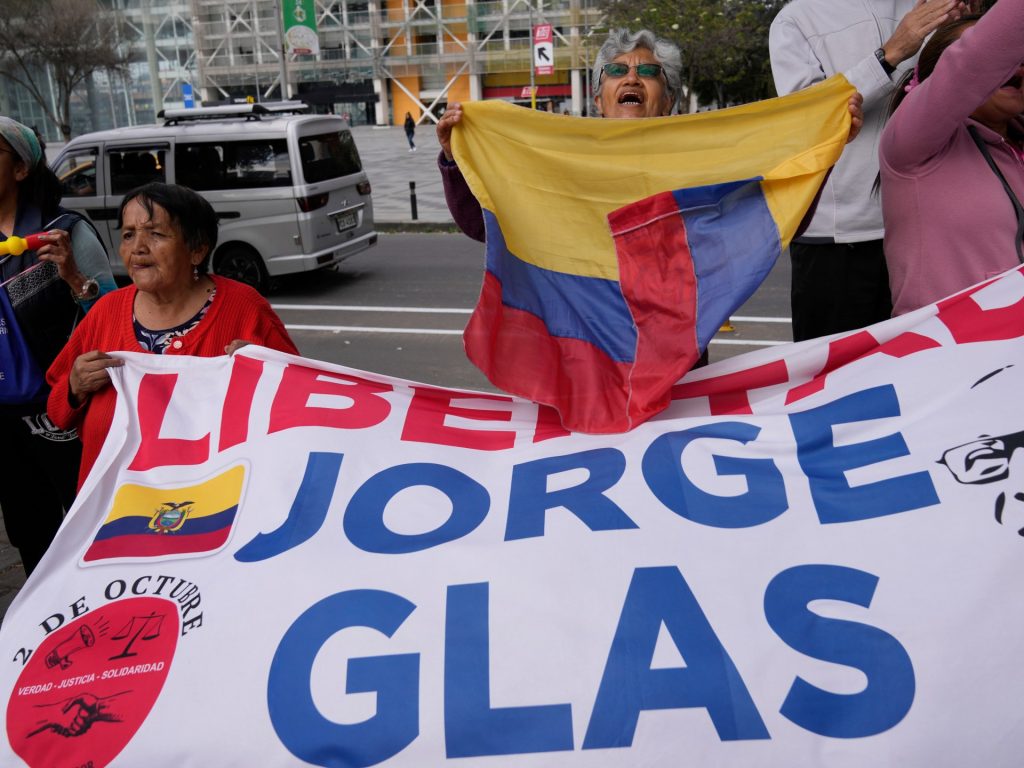The Ecuadorian police raided Mexico’s embassy in Quito to arrest Jorge Glas, a former vice president accused of corruption. President Andres Manuel Lopez Obrador granted political asylum to Glas, sparking tensions with Ecuador. Mexican President Lopez Obrador has a history of offering asylum to left-leaning politicians facing persecution in their home countries. He sees asylum as a tool to show solidarity with like-minded leaders and bolster Mexico’s reputation as a supporter of the political left in Latin America.
Political asylum is a specific legal category under international law, allowing individuals to seek protection in other countries from persecution based on political views, race, religion, nationality, or membership in a specific social group. Lopez Obrador has extended asylum to several high-profile figures, including Evo Morales of Bolivia and Pedro Castillo of Peru. His use of asylum as a political tool has garnered backlash from conservative leaders across Latin America, such as Ecuador’s Daniel Noboa, who disputes the legality of Glas’s asylum.
Mexico has a long history of offering asylum to those fleeing political persecution, dating back to figures such as Jose Marti, Manabendra Nath Roy, and Leon Trotsky. During the Cold War, Mexico provided refuge for dissidents from US-backed dictatorships in South America. However, there have been instances, such as during World War II, where Mexico extended asylum to relatively few Jewish refugees fleeing genocide. Despite these shortcomings, offering asylum has been a source of pride for Mexico and has allowed refugees to integrate and contribute to Mexican society.
Offering asylum can also have political benefits for the governments providing refuge. Lopez Obrador has used his confrontations with right-wing governments to counter criticism at home, particularly for policies that may not align with his leftist image. Controversies surrounding asylum cases, such as Glas’s arrest after being granted asylum, can galvanize public opinion and support. While offering asylum may lead to backlash from other governments, it can also boost domestic standing, as seen in the case of Daniel Noboa seeking to crack down on crime in Ecuador.
Political analysts note that Lopez Obrador’s use of asylum differs from past conflicts where individuals faced imminent danger or death if they did not leave. In contemporary cases, asylum is sometimes used as a perk for political allies seeking to escape accountability. This has led to criticism of Lopez Obrador’s approach to asylum, with some suggesting that it devalues the tradition of offering refuge to those in genuine need. Despite these criticisms, the tradition of offering asylum remains an important aspect of Mexico’s foreign policy and its role in providing sanctuary to those facing persecution.















